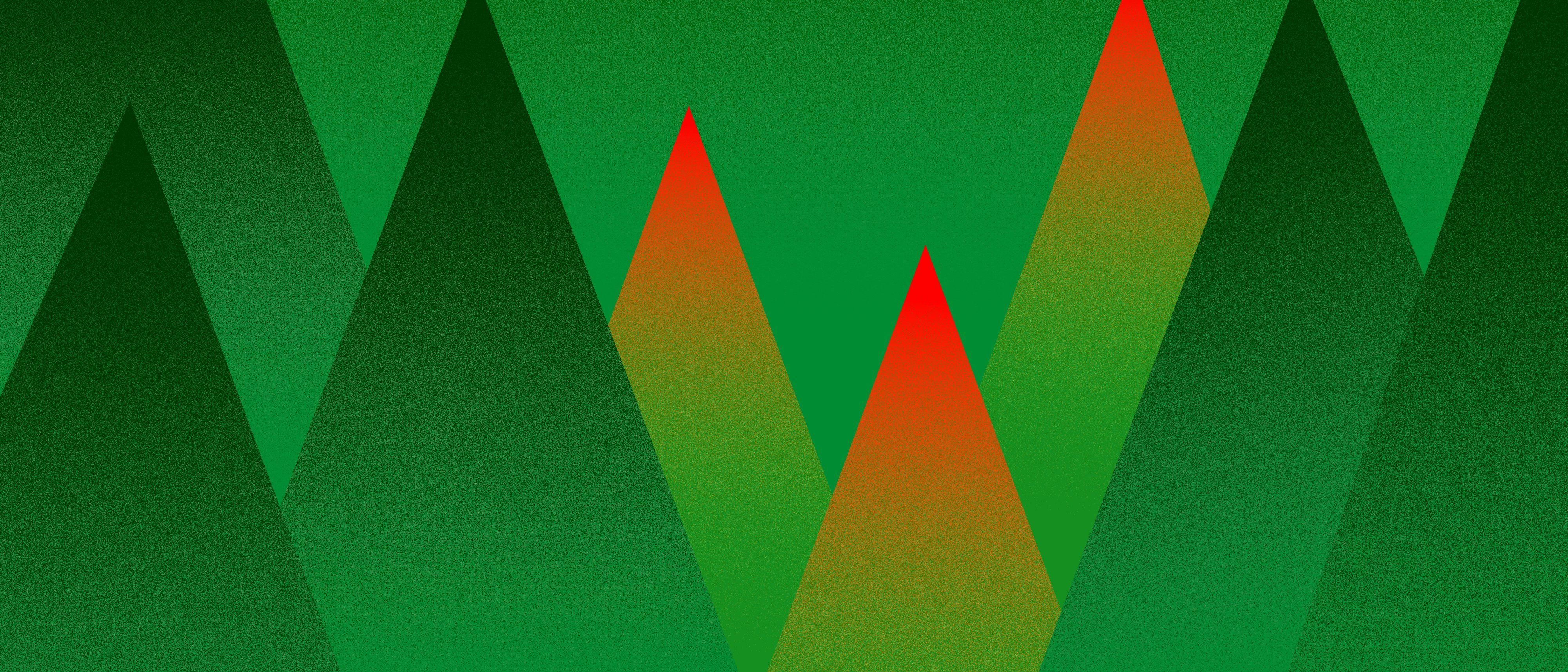
Date
13.02. - 01.03.25
Programme
Concerts · Lectures
Co-operations with museums
Works by
Srnka · Varèse · Beethoven
Tarkiainen · Dean · Villa-Lobos
Scriabin · Saariaho · Debussy a. o.
Artists
David Robertson · Marin Alsop ·
Dalia Stasevska · Alexander Melnikov a. o.
Climate change and species extinction threaten our planet. In February 2025, the Berliner Philharmoniker’s Biennale will address the threat to nature in a series of events titled Paradise lost? The perspectives are diverse: works such as Debussy’s La Mer and Beethoven’s Pastorale celebrate the beauty of our world, Miroslav Srnka’s Superorganisms shows the interconnectedness of life forms, Brett Dean’s Fire Music depicts the destruction caused by a bushfire. Discussion panels, lectures by experts and collaborations with museums and other orchestras will explore the theme in greater depth. The aim? A sharpened view of the crises and fresh perspectives for our future.
About the festival: Programme focus
Heat, drought, floods – extreme weather events are hitting us more frequently and more severely. Our planet is in danger, and the cause is man-made climate change. Scientists agree that rapid and consistent countermeasures are needed. The Berliner Philharmoniker’s third Biennale in February 2025 will focus on this existential challenge with a series titled Paradise lost? On the threat to nature.
As part of the series, the Berliner Philharmoniker with present three concerts with David Robertson (replacing Kirill Petrenko) and guest conductors Marin Alsop and Dalia Stasevska; additional concerts will feature visiting soloists such as pianist Alexander Melnikov. Through the medium of music, the audience will be confronted with the devastating power of the elements of fire and water, but will also experience the breathtaking beauty of the Amazon rainforest. A total of three commissioned compositions, including the new work Superorganisms by Czech composer Miroslav Srnka, are dedicated to the Biennale theme. There will be chamber music and late-night concerts in additional locations around the city. Concerts by the Deutsches Symphonie-Orchester Berlin, the Rundfunk-Sinfonieorchester Berlin and the Freiburger Barockorchester complete the festival’s music programme.
However, the Berliner Philharmoniker’s Biennale is a cross-genre and cross-art-form festival that creates additional perspectives through events beyond the traditional scope of a concert hall. Partners for the next edition include the Berlin Natural History Museum and the Berlin State Library. Exhibitions, readings, talks, lectures by experts and installations in the foyer of the Philharmonie will explore the topic in greater depth.
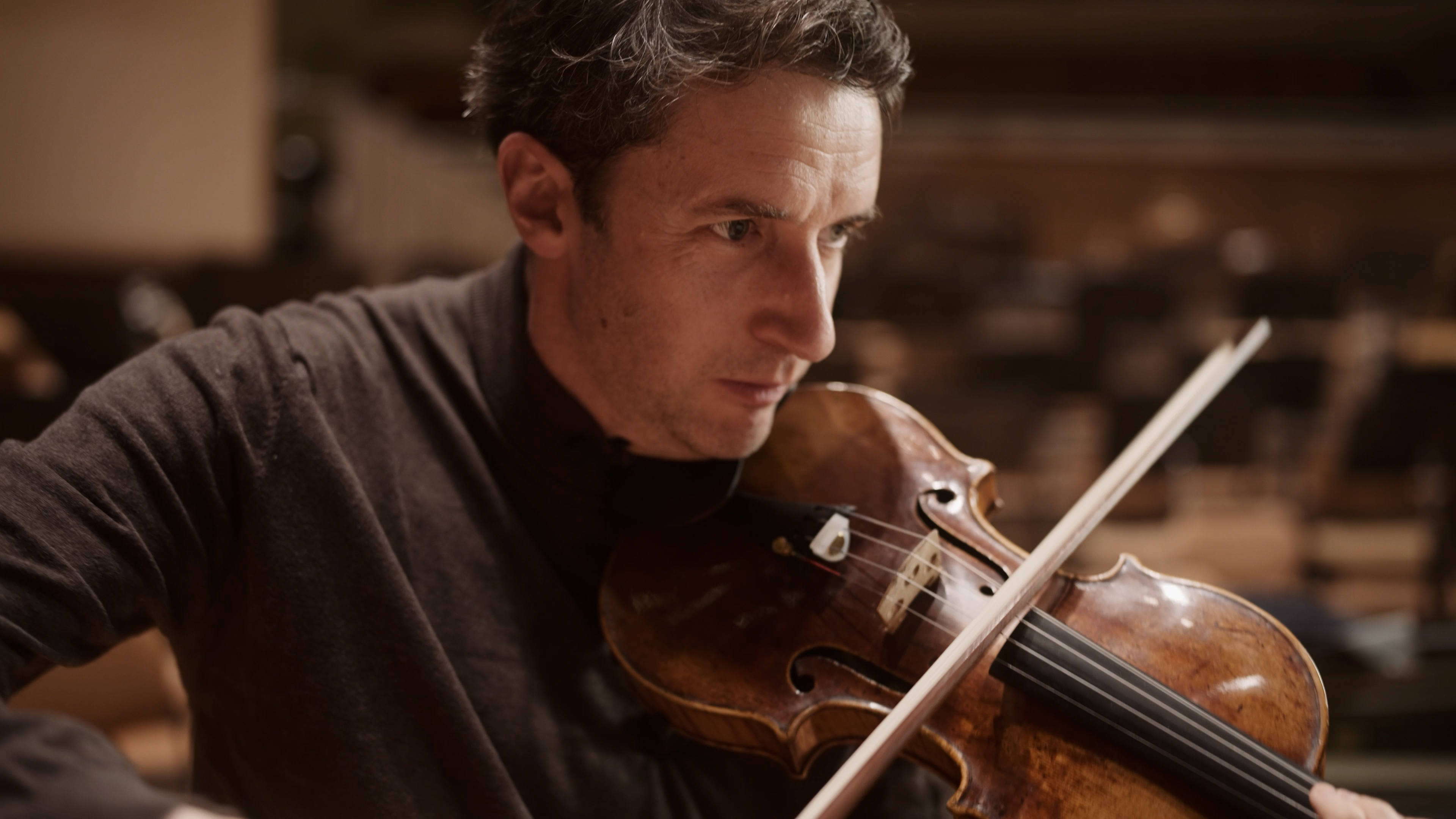
What does nature sound like in music?
Whether raging storms, shimmering waves, or gentle raindrops – for centuries, composers have drawn inspiration from nature. But how can the sounds of nature be brought to life in an orchestra?

Nature and music
Composers of all ages have been inspired by nature to write magnificent works: only their aesthetic outlook and their individual approach have changed with the passage of time. Here is a brief survey of this subject
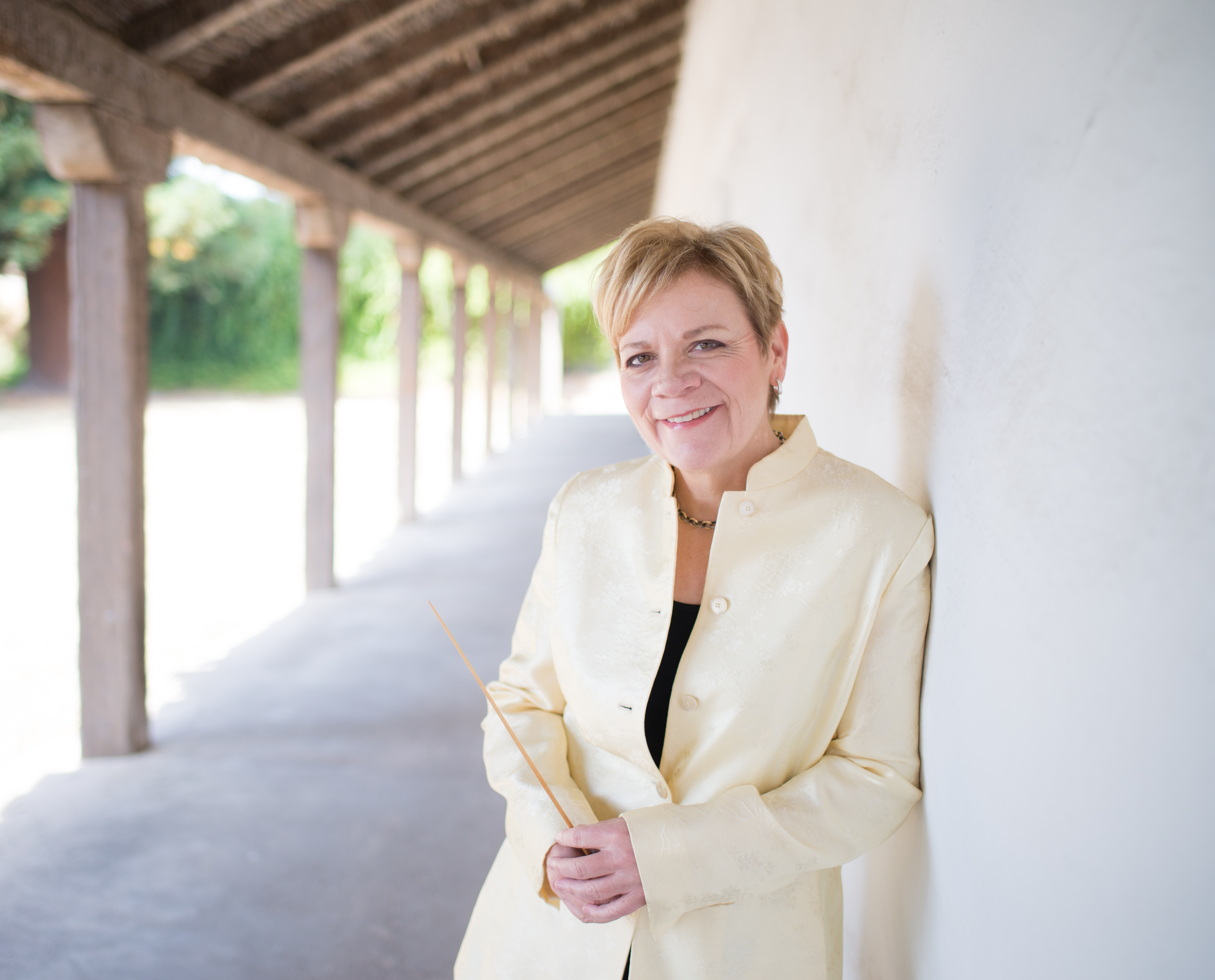
“Is what we’re doing enough?”
Marin Alsop, making her debut with the Berliner Philharmoniker, will present four depictions of nature from four different continents at the Biennale “Paradise lost?”.
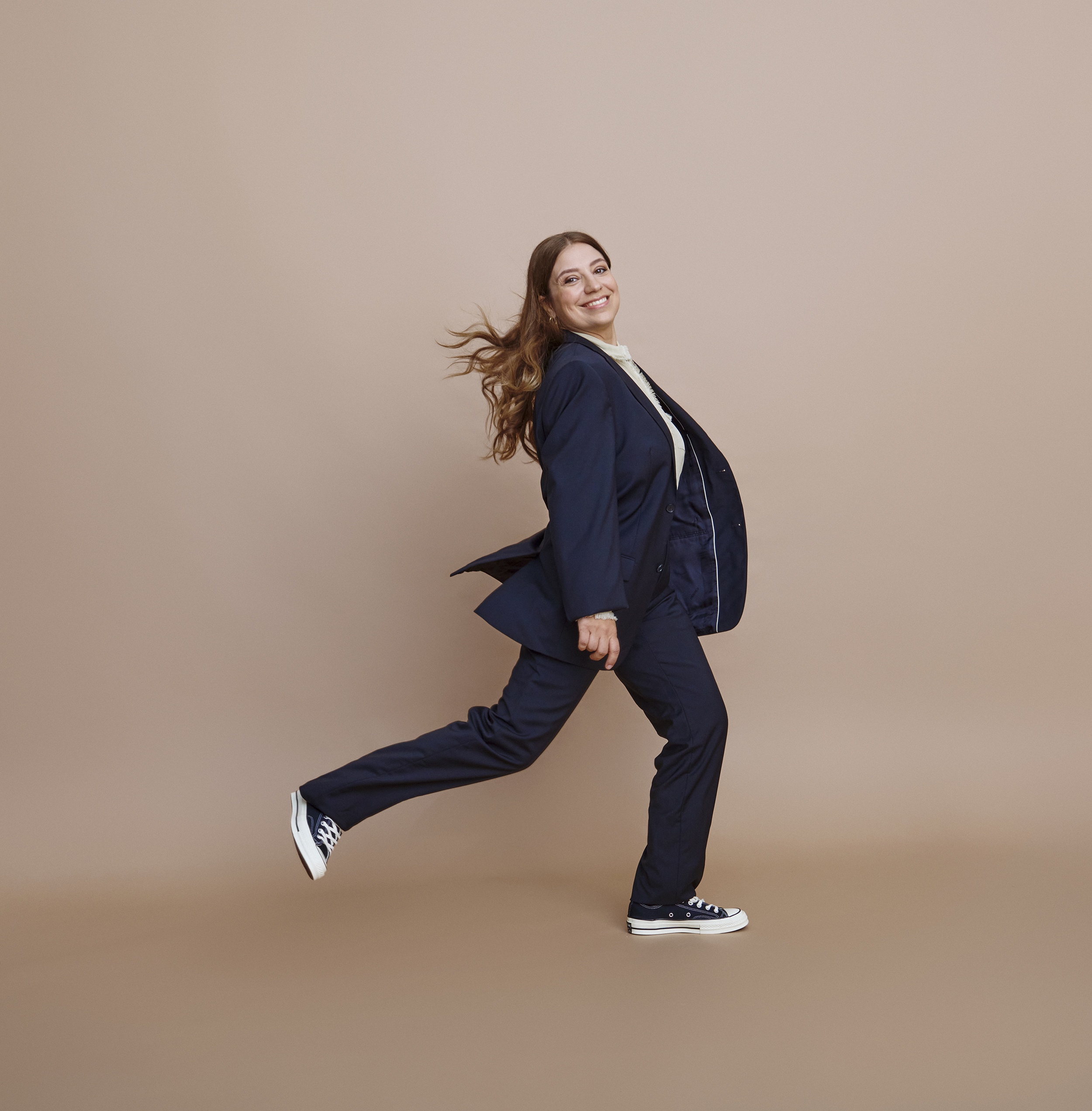
From the far north to the wider world
The Finnish musician Dalia Stasevska is one of the most promising members of the younger generation of female conductors.
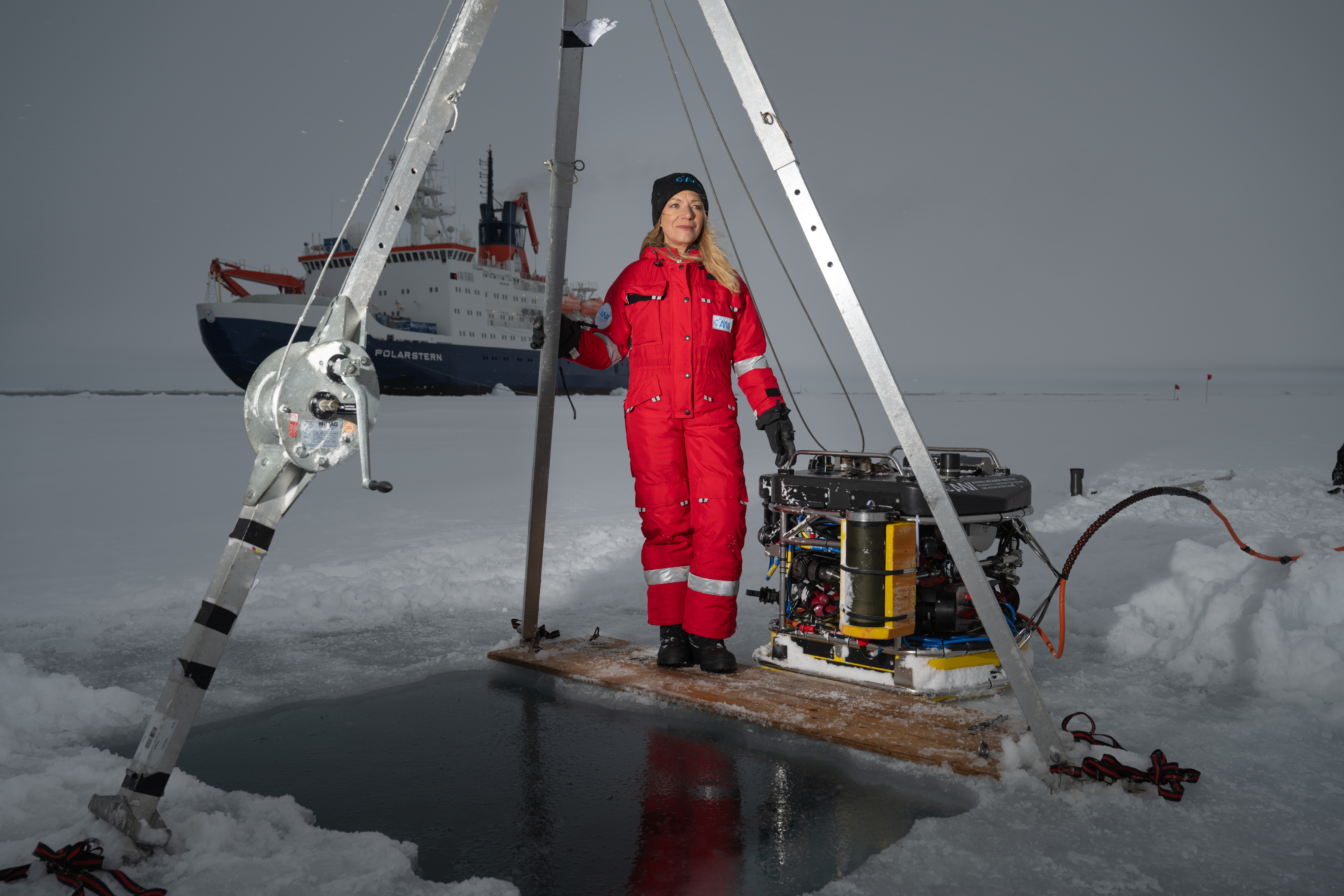
Antje Boetius in conversation
Marine biologist Antje Boetius will join a discussion at the Philharmonie as part of this year’s Biennale, “Paradise Lost?”. In our interview, she talks about the role that climate change will continue to play in society, and whether we will ever truly learn to see the ocean as a gigantic habitat.
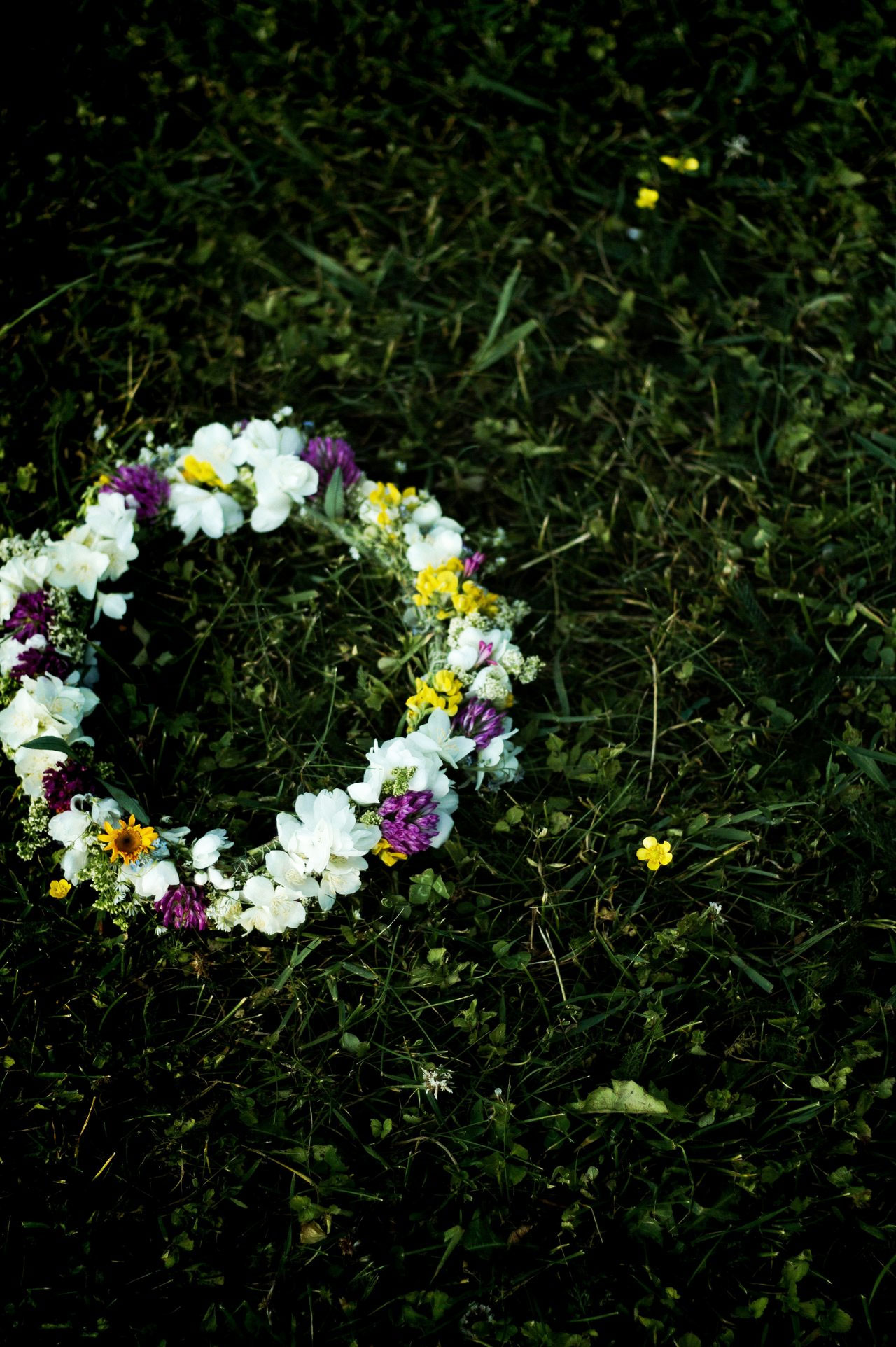
The idyll in music
In music and art, the idyll symbolizes a better world, idealistic and yet fragile. Find out here how the idyll came into the music and what purpose it serves.
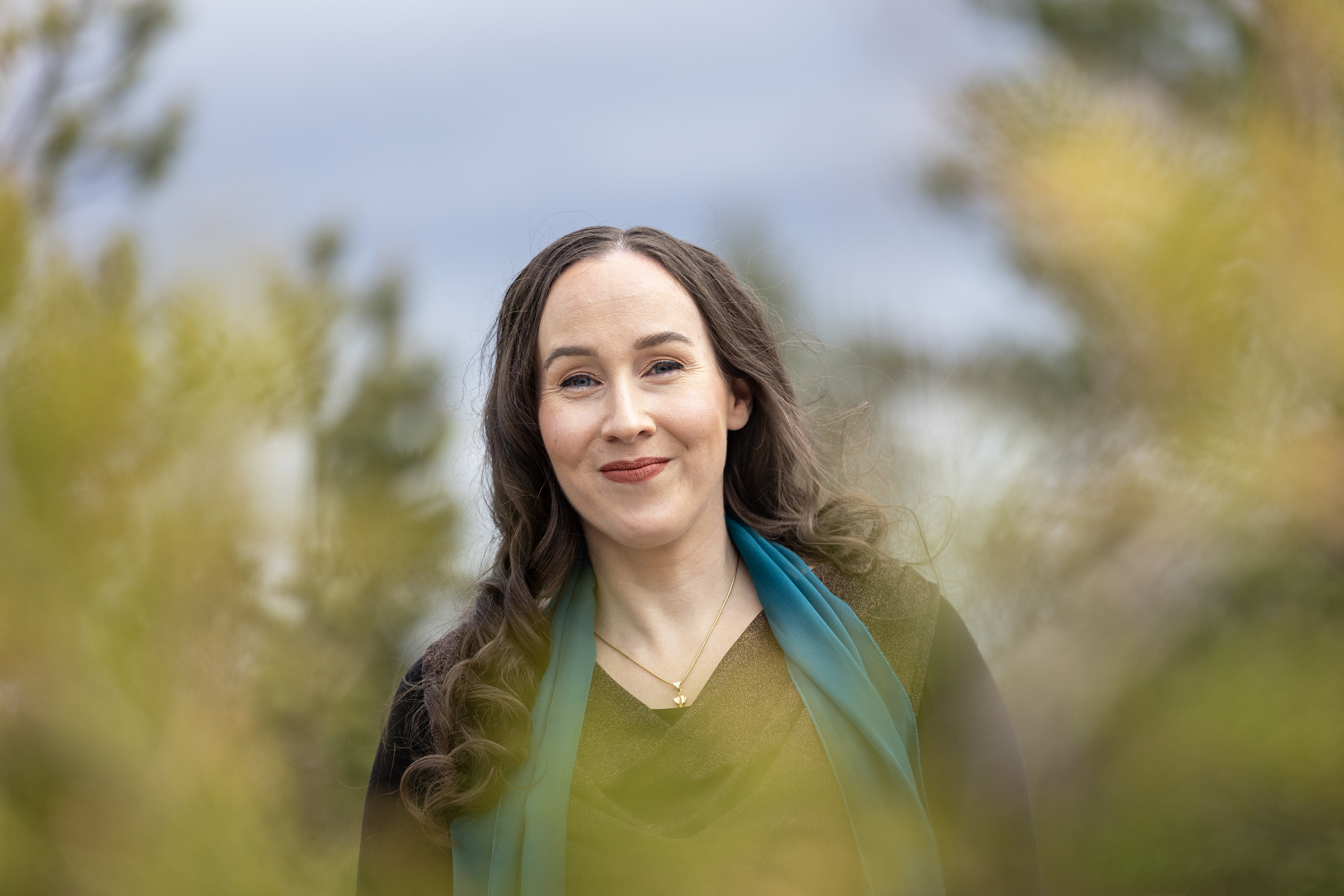
“I walked in the forest and come back with a song”
On the occasion of the premiere of her new piece “Day Night Day” Outi Tarkiainen talks about why she became a composer and how nature informs her music.
